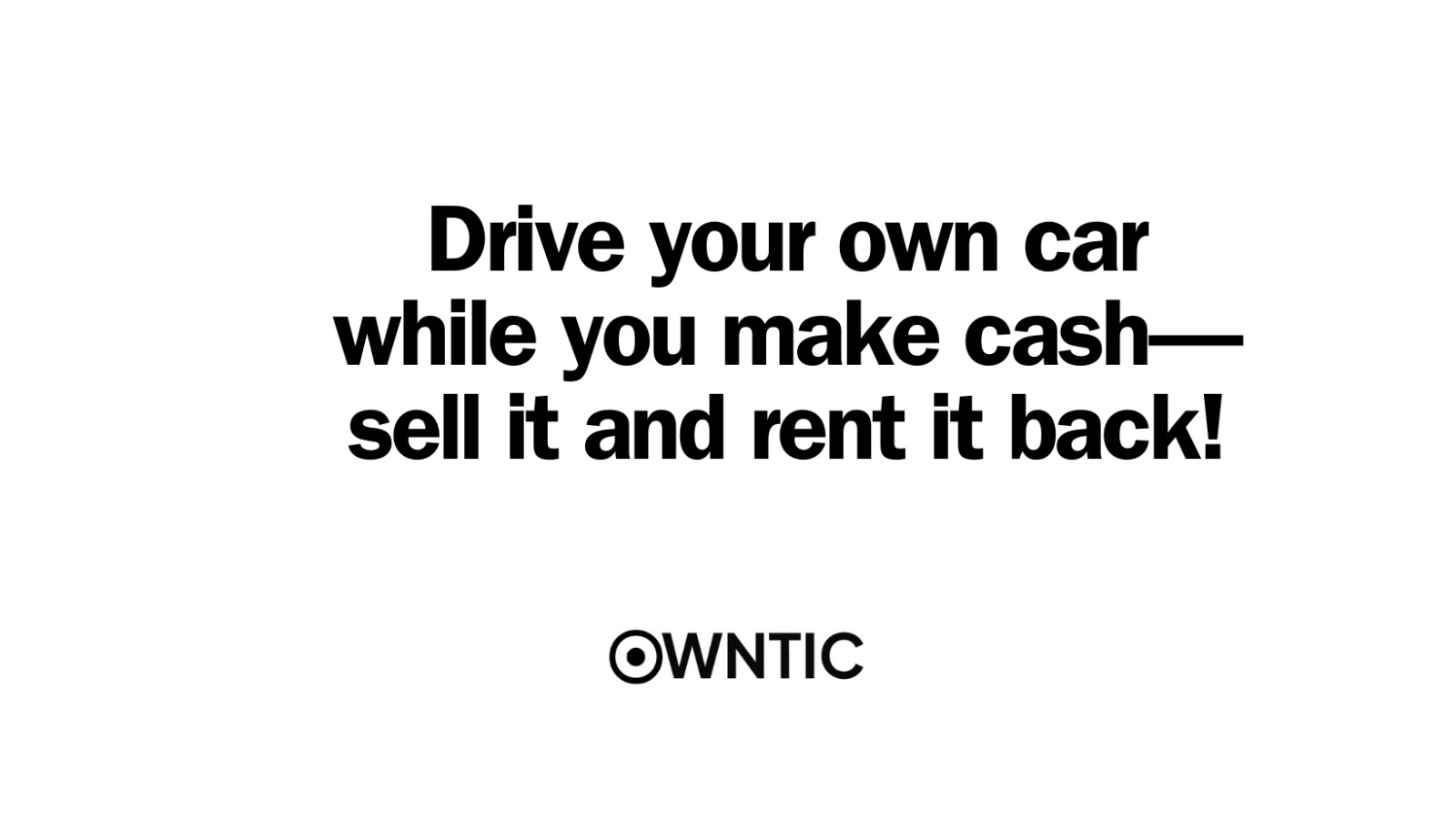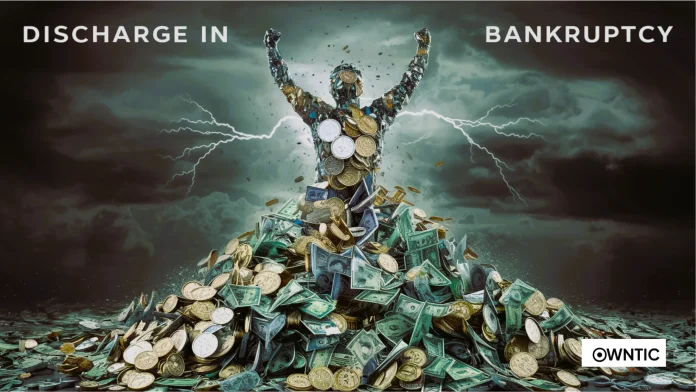What is a discharge in bankruptcy?
A discharge releases the debtor from personal liability for certain specified types of debts.
The debtor is no longer legally required to pay any debts that are discharged.
Creditors are prohibited from taking any form of collection action on discharged debts.
When does the discharge occur?
The timing varies depending on the chapter under which the case is filed.
In chapter 7 cases, the discharge usually occurs about four months after filing.
In chapter 11, 12, and 13 cases, the discharge occurs after the debtor completes all payments under the plan.

How does the debtor get a discharge?
Unless there is litigation involving objections to the discharge, the debtor usually receives a discharge automatically.
The court mails a copy of the discharge order to all creditors and relevant parties.
Are all of the debtor’s debts discharged or only some?
Not all debts are discharged; exceptions vary under each chapter of the Bankruptcy Code.
Certain debts, such as tax claims, spousal support, and debts arising from willful misconduct, may not be discharged.
Does the debtor have the right to a discharge or can creditors object to the discharge?
In chapter 7 cases, creditors, the trustee, or the U.S. trustee can object to the discharge.
In chapter 12 and 13 cases, the debtor is usually entitled to a discharge upon completion of all payments under the plan.
Can a debtor receive a second discharge in a later chapter 7 case?
The court will deny a discharge in a later chapter 7 case if the debtor received a discharge in a case filed within certain time frames.
Can the discharge be revoked?
The court may revoke a discharge under certain circumstances, such as fraud or failure to disclose assets.
May the debtor pay a discharged debt after the bankruptcy case has been concluded?
A debtor may voluntarily repay discharged debts, although they are no longer legally enforceable.
What can the debtor do if a creditor attempts to collect a discharged debt after the case is concluded?
The debtor can file a motion with the court to address the matter and enforce the discharge injunction.
May an employer terminate a debtor’s employment solely because the person was a debtor or failed to pay a discharged debt?
The law prohibits discriminatory treatment of debtors by both governmental units and private employers.
How can the debtor obtain another Copy of the Discharge Order?
The debtor can contact the clerk of the bankruptcy court that entered the order to obtain another copy, which may involve fees and processing time.
Thanks for reading



